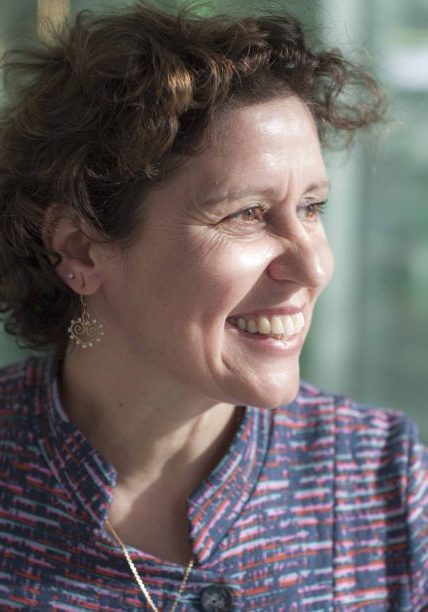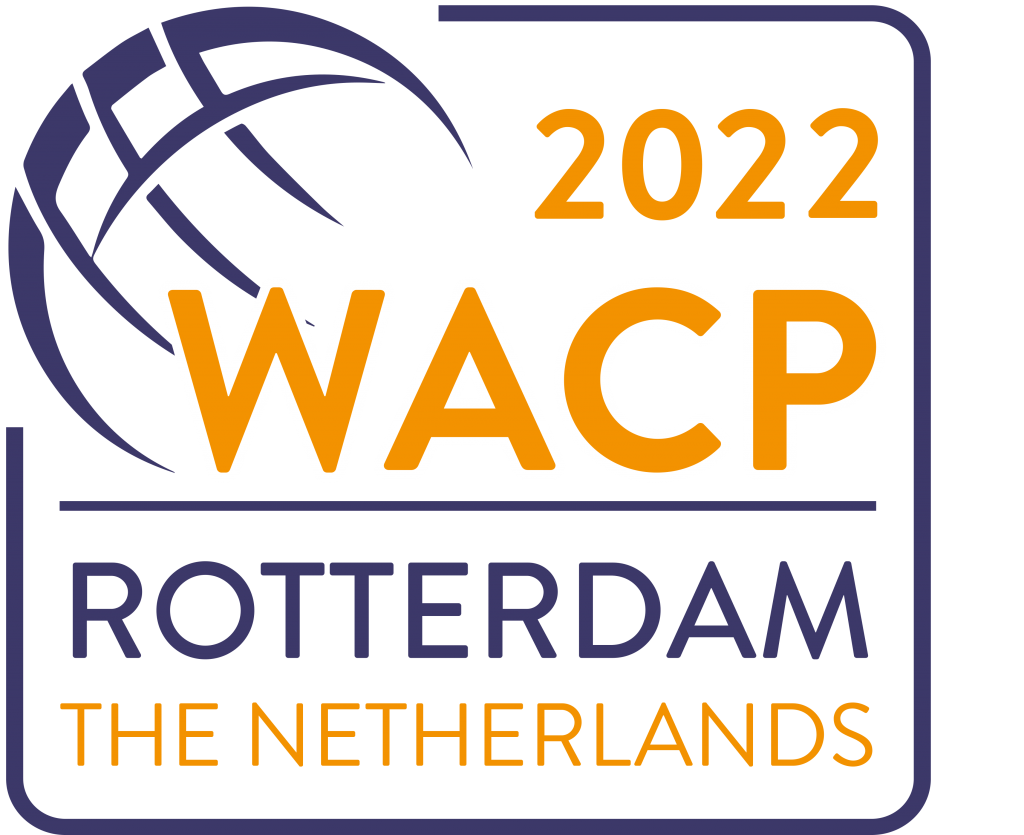Marie Rose Moro
MARIE-ROSE MORO
Marie Rose Moro, MD, PhD, is a psychiatrist working with children and adolescents and a professor of child and adolescent psychiatry at University Paris Cité. After completing a degree in philosophy, she obtained degrees in medicine and psychology. A doctor in medicine and in human sciences, she is also a psychoanalyst and writer. For 30 years, first at Avicenne Hospital in the suburbs of Paris, and now in the center of Paris, at Cochin Hospital (Maison de Solenn), she has been developing a transcultural clinic that tries to adapt our mental health care settings, techniques, and research methods to immigrant families and their children. She is also developing a new multidisciplinary way of caring for adolescents. Head of the Department of Child and Adolescent Psychiatry of Cochin Hospital, Former Technical Advisor for Doctors Without Borders, director of a research team in transcultural psychiatry at the National Research Center (INSERM), Editor-in-Chief of the journal L’autre, she is an international leading figure in transcultural field.
Psychiatrist and Professor of Child and Adolescent Psychiatry, University Paris Cité.
Head of the Department of Child and Adolescent Psychiatry (Maison de Solenn), Cochin Hospital.
France

